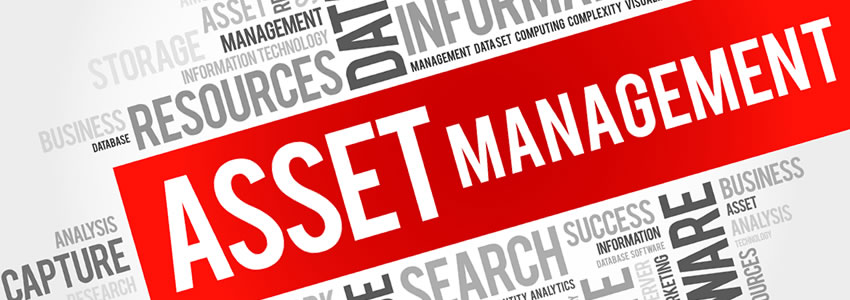Developing an Effective IT Asset Lifecycle Management Process
When most people think about IT, they picture assets such as computers, software and mobile devices. In reality, IT assets encompass so much more.
While a data center will certainly have computers and related equipment, it will also be equipped with cabling, racking, work desks, air conditioning, floor tiles – all of this is also considered part of information technology assets. As such, IT leaders must focus on maintaining an entire set of assets across their lifecycle.
Lifecycle Management
Your plan for managing the healthy lifecycle of IT assets must support every aspect of your IT infrastructure. From the layout of an initial technology roadmap and procurement to the maintenance, refresh and disposal process, your plan will need to be comprehensive. You must track where they’re located, who has them, how they’re being utilized and how much it’s costing to maintain them. While this is certainly no easy task, there is help to ensure this information gets tracked efficiently and accurately.
3 Foundations of Effective IT Asset Management Process
- Management strategy - Creating a shared vision among all levels within the organization, especially executives and the IT team. That’s why it’s so important to talk about business requirements in a way that all groups will clearly understand. A good management strategy allows for a consensus on business objectives and program implementation. Management and IT teams will understand the benefits of the strategy and will have input over asset management activities and recommendations for improved operations and monitoring. An effective strategy will provide a clear plan with defined benefits.
- Optimum organizational design - The success of an asset management plan depends on the right people and processes coming together at the right time for a common purpose. Each role and responsibility should be clearly defined and qualified resources must be readily available in order to achieve asset management objectives.
- Long term asset planning – A critical step in assuring an organization’s quality and performance reliability, this requires an understanding of the company’s infrastructure, future capacity and current needs. Cost and risk also need to be considered, in terms of implementing or deferring asset maintenance and improvement.
Choosing a Managed Service Partner

In choosing a managed service partner for IT asset management, look for these services:
- Assistance with Asset Acquisition – organizing and implementing the best, most efficient and cost effective strategy that covers all types of technology with a sound deployment plan.
- Full Scale Repairs – includes all malfunctioning IT assets and devices used in an IT infrastructure.
- Asset Tracking - maintaining the location and functionality of every device allows you to keep your IT costs manageable, avoid overspending on unused devices and tracking where your money may become wasted over time.
- Software License Tracking - keeping track of software licenses as part of your entire IT assets.
- Help Desk Support - to enable end-users to troubleshoot and problem solve with their own devices.
- Asset Refresh and Remarketing – determining whether an asset can be repurposed or refreshed for an extended life before disposal.
- Asset Remarketing – Repurposing appropriate assets and old equipment for resale, including complete hard-drive wipes and refresh.
- Asset Disposal - eliminating unusable devices and materials from your location, meeting compliance standards or green initiatives and protecting company information and data.
The long-term value of the IT asset management lifecycle lies in its ability to manage change, optimize the use of IT assets, take control of the technology stream and mitigate risks. This is justified based on its ability to control costs and improve overall IT performance by avoiding unnecessary asset purchases. The long-term payback lies in its ability to effectively execute technological and organizational change, while also increasing the company-wide understanding of IT’s business value.
